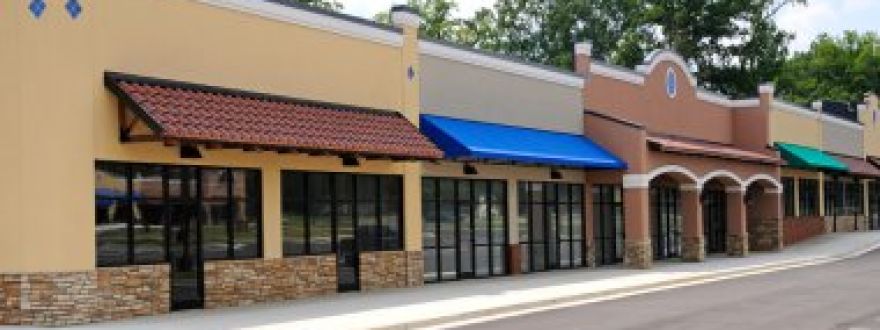
Understanding Lessors Risk Insurance: A Comprehensive Guide
Lessors Risk Insurance plays a crucial role in protecting property owners who lease or rent out their spaces to third parties. Whether you own commercial buildings, residential properties, or vacant land, having the right insurance coverage is essential. In this blog post, we'll delve into the key aspects of Lessors Risk Insurance, exploring what it is, why it's important, and what it typically covers.
What is Lessors Risk Insurance?
- Lessors Risk Insurance, also known as LRO (Landlords and Owners Protective Liability Insurance), is a specialized insurance policy designed for property owners who lease or rent out their buildings or land to others. This type of insurance provides coverage for the property owner against certain risks that may arise during the lease period.
Why is Lessors Risk Insurance Important?
- Protection Against Liability: Lessors Risk Insurance protects property owners from liability claims that may arise if a third party is injured on the leased property.
- Property Damage Coverage: It typically covers damages to the leased property caused by covered perils, such as fire, vandalism, or natural disasters.
- Legal Expenses: In the event of a lawsuit, Lessors Risk Insurance can help cover legal expenses, including attorney fees and court costs.
Coverage Details of Lessors Risk Insurance:
- Liability Coverage: Exploring the liability coverage aspect, detailing the types of liabilities covered, including bodily injury and property damage.
- Property Coverage: Highlighting the coverage for the physical structure of the leased property, as well as any included fixtures or improvements.
- Additional Coverages: Discussing optional coverages that property owners may consider, such as business interruption coverage or equipment breakdown coverage.
Factors Influencing Lessors Risk Insurance Premiums:
- Property Type: The type of property being leased, whether it's residential, commercial, or vacant land, can impact insurance premiums.
- Location: The location of the property, including factors like crime rates and proximity to emergency services, can affect insurance costs.
- Coverage Limits: The extent of coverage selected by the property owner, including liability limits and property coverage limits.
Tips for Property Owners:
- Risk Management: Implementing risk management practices to minimize the likelihood of accidents or damages on the leased property.
- Regular Property Inspections: Conducting regular inspections to identify and address potential hazards or maintenance issues.
- Working with an Experienced Insurance Agent: Collaborating with an experienced insurance agent to tailor a Lessors Risk Insurance policy that meets specific needs.
Conclusion:
Lessors Risk Insurance is a vital tool for property owners seeking to protect their investments when leasing or renting out their spaces. By understanding the key components of this insurance and taking proactive measures, property owners can ensure they are adequately covered and enjoy peace of mind in the leasing process.



